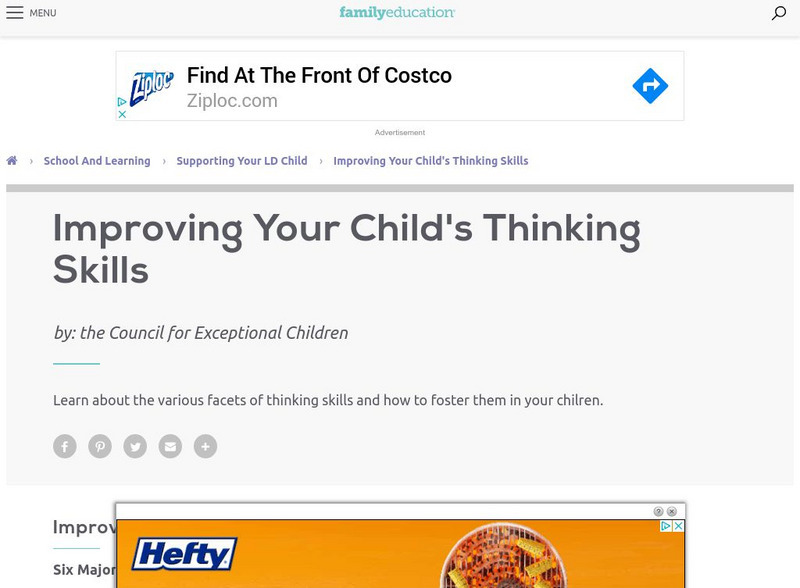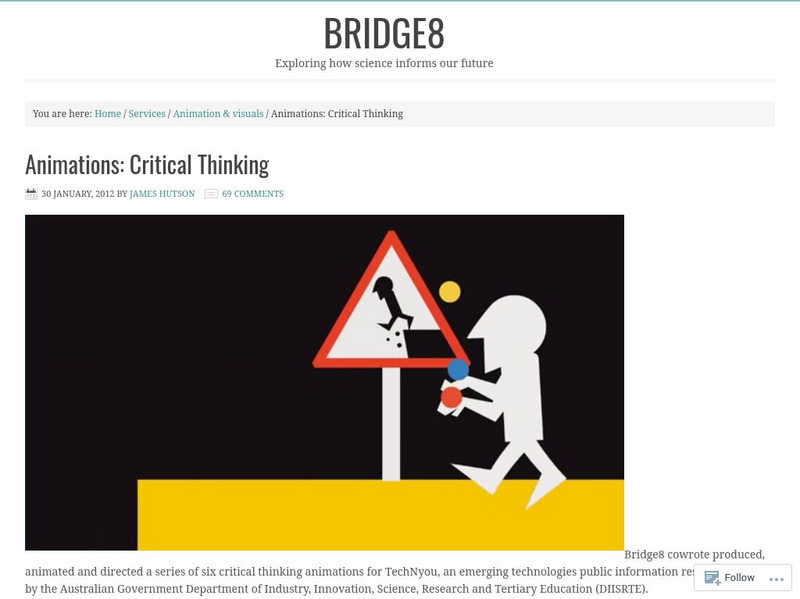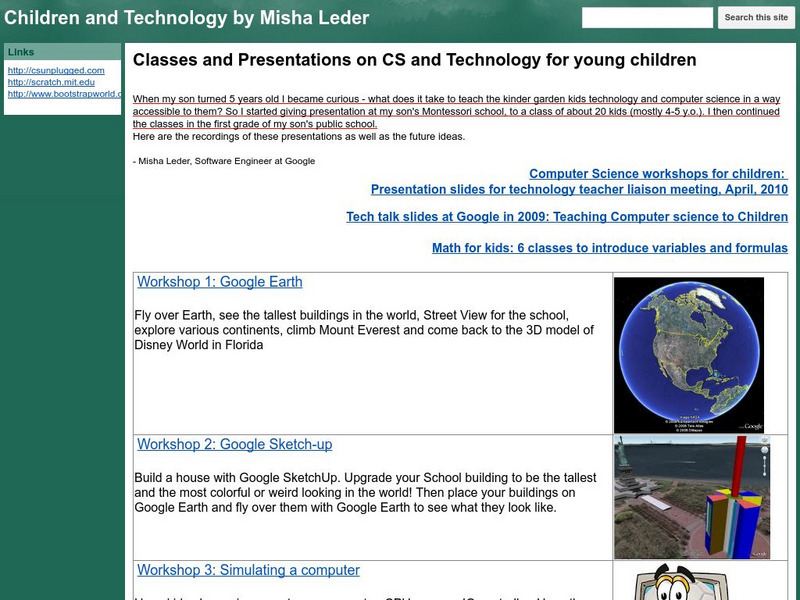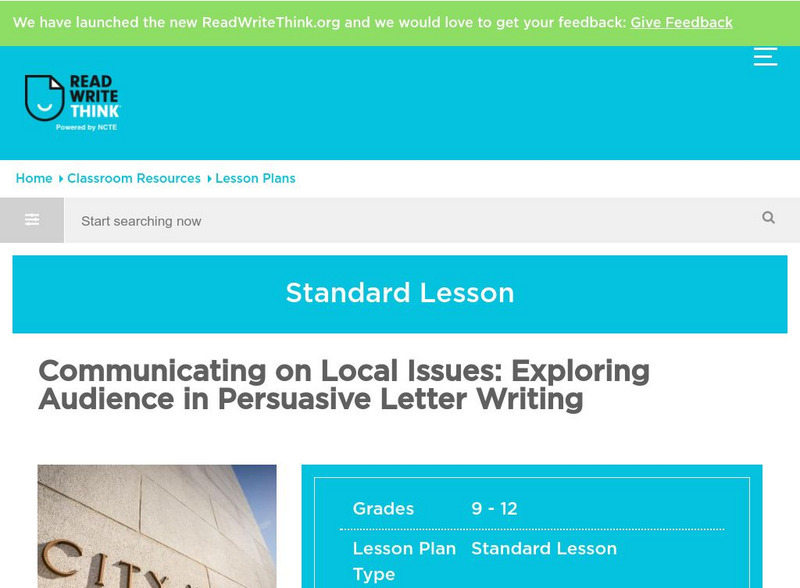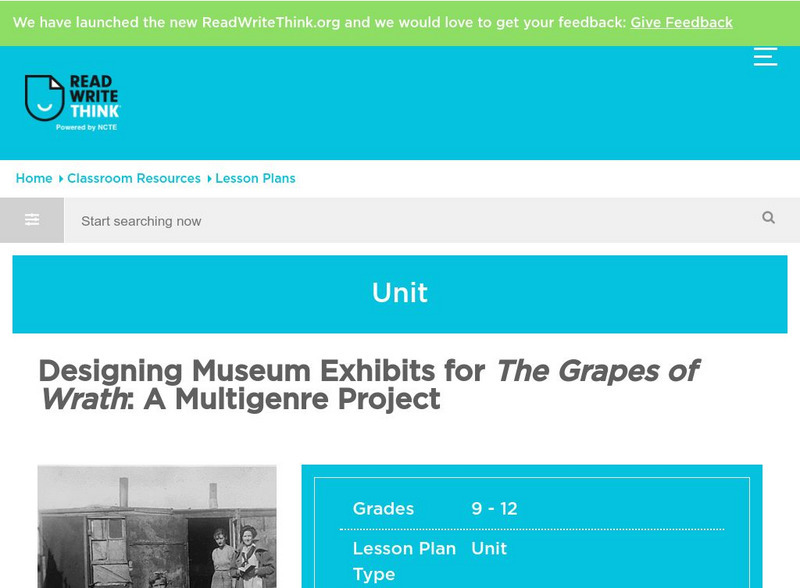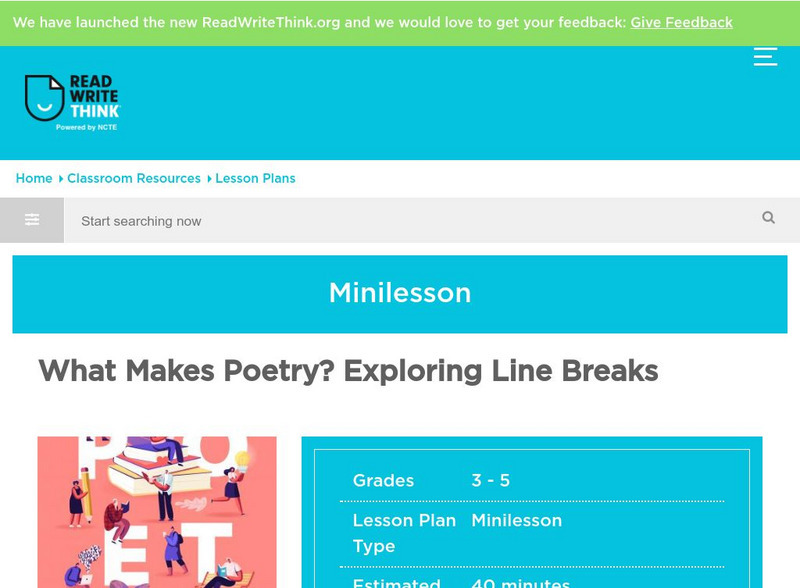Other
Fallacy Files: Loaded Question
Good explanation of the logical fallacy known as the loaded question (also known as complex question, many questions, or plurium interrogationum). An example, explanation of the example, and links to additional resources are all provided...
Other
Fno: A Questioning Toolkit
An article in which Jamie McKenzie states his belief that each district should create a Questioning Toolkit which contains several dozen kinds of questions and questioning tools. Portions of the Questioning Toolkit should be introduced...
Other
Freshwater Ecology
This is a comprehensive and detailed site providing information on aquatic macroinvertebrates. The emphasis is on biomonitoring of water quality through quantitative assessment of numbers and types of small aquatic organisms.
Other
The Flickering Mind
Looking for an alternative point of view on educational technology? Use this informative website focusing on a book called "The Flickering Mind,"-a new and controversial book which argues that computers have done far more harm than good...
Other
Computer Science for Fun: Mathemagic: The Magic of Computer Science
The CS4FN magic collection are easy mathematical card tricks with a twist, where every trick comes with a link to some computer science concept.
Other
Computer Science Education Group: Distributed Expertise Learning Modules
Interdisciplinary learning modules that provide engaging and easy-to-use materials for teaching computer science concepts in other content courses.
Other
Computer Science for Fun: What Is Computational Thinking?
Find out about teaching computational in the classroom, and then link to some classroom resources and student activities to teach these skills.
Brown University
Brown University: Game Kit
An environment for learning to program, this guide will help educators foster computational thinking for students in computer science classes.
Other
Quick Start Computing: Computational Thinking [Pdf]
This short article clearly illustrates the need for teaching computational thinking in the schools. It lays out the foundation of teaching these skills across grade levels.
Other
Foundation for Critical Thinking: Elemental Structure for Analytical Thinking
Dissect the eight elements identified which make up the human thought process. Everyone thinks and everyone follows this course to produce thoughts.
Other
Lee College: Elements of Reasoning [Pdf]
A slide presentation providing definitions and details on the three dimensions of thinking and eight elements of reasoning. Views will also find activities and questions to gain deeper understanding of the psychology of thinking.
Family Education
Family Education: Improving Your Child's Thinking Skills
This article explains that by asking the right kinds of questions, you can help improve a students' thinking skills. This site lists several ideas and types of questions that can help develop a child's critical thinking skills.
Other
Bridge8: Animations: Critical Thinking
A series of six short animated videos teaching critical thinking skills. Each video is about 2 minutes. Comments area at the bottom of the page.
Curated OER
Google for Education: Presentations on Cs and Technology for Young Children
Teach young children the basics of computer science and computational thinking skills through this collection of ready to use presentations aimed to engage young learners.
Other
Csta: Computational Thinking: A Digital Age Skill for Everyone [Pdf]
The National Science Foundation asked a group of thought leaders to bring the concepts of computational thinking to the K-12 classroom.
ReadWriteThink
Read Write Think: Review Redux: Literary Criticism Through Reception Moments
Literature takes on a life of its own as students take a hands-on approach to exploring A Raisin in the Sun for cultural and historical context.
ReadWriteThink
Read Write Think: Flying to Freedom: Tar Beach & the People Could Fly
Comparing and contrasting works and looking for underlying themes and messages are at the heart of this multicultural lesson plan. Provides links to several background resources, and suggestions for assessment.
ReadWriteThink
Read Write Think: Attn to Technology: Exploring a Fictional Technology Lesson Plan
Taking a critical look at our responses to technology and technological advancement is the intent of this ReadWriteThink instructional activity, designed for 3 50-minute classes. Includes student survey, handouts, interactive, and...
ReadWriteThink
Read Write Think: Exploring Audience in Persuasive Letter Writing
Effective communication skills are critical for the present century. This unit plan stresses clear, persuasive communication that is meant to be shared with an audience beyond the classroom.
ReadWriteThink
Read Write Think: Designing Museum Exhibits for "The Grapesof Wrath"
Integrating various creative formats with solid, researched fact, allows students to show what they have learned. The resulting "museum" can be shared with an audience in any of a number of ways. Includes handouts, rubric, and...
ReadWriteThink
Read Write Think: What Makes Poetry? Exploring Line Breaks
This lesson plan explains how analyzing poetry is a many-layered process. This lesson plan introduces the special characteristics of poetry and leads students through a look at how poems are structured and why. Includes links to poems...
ReadWriteThink
Read Write Think: It Doesn't Have to End That Way
Literary response and prediction are the focus of this lesson plan. Knowing story structure is an important skill for literary analysis, and this gives teachers a way to help learners develop this skill. Includes links to web resources,...
ReadWriteThink
Read Write Think: A Directed Listening Thinking Activity
Lesson which requires learners to listen to The Tell-Tale Heart read aloud, answer prediction questions during the reading, and write written responses after. Excellent for beginning a mystery unit.
ReadWriteThink
Read Write Think: Seuss and Silverstein: Posing Questions, Presenting Points
Contains plans for four lessons that ask learners to formulate critical thinking questions and lead class discussions about the issues raised in the books of Dr. Seuss and Shel Silverstein. In addition to objectives and standards, this...



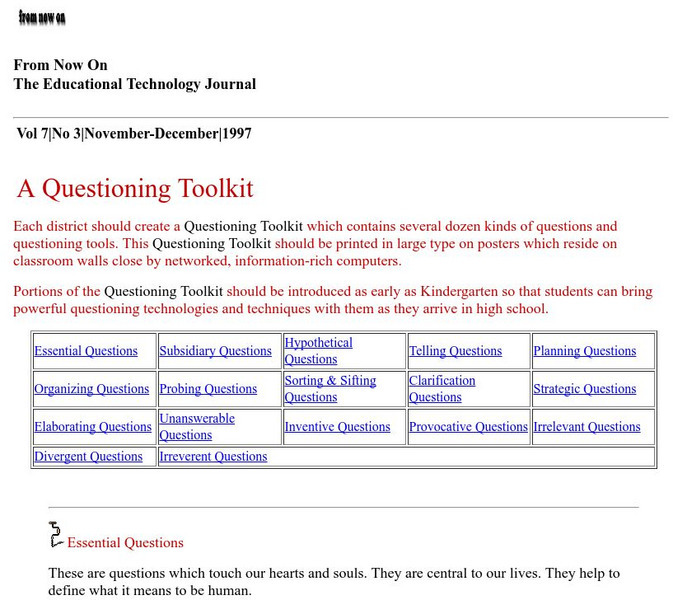

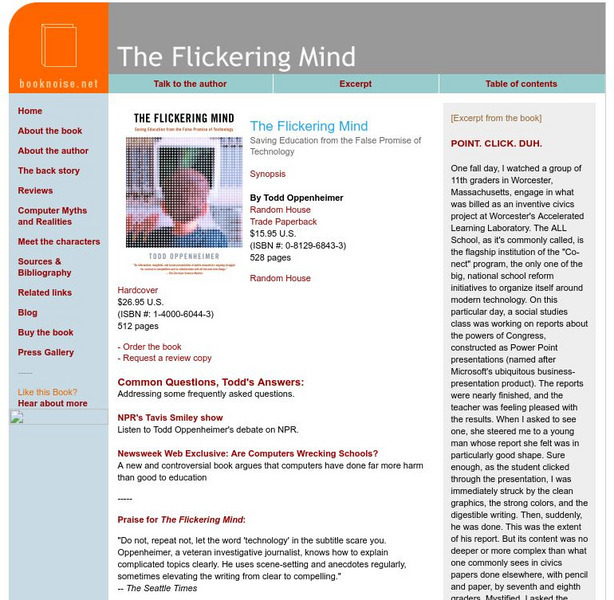


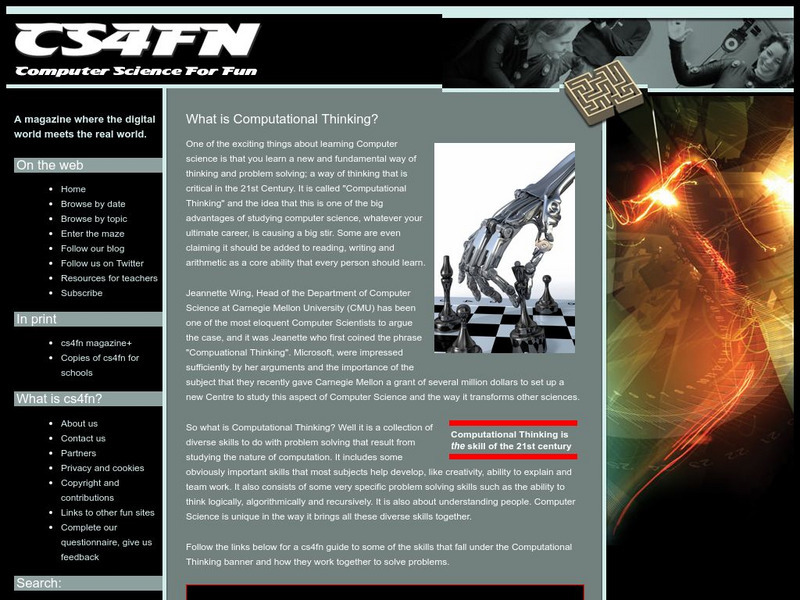
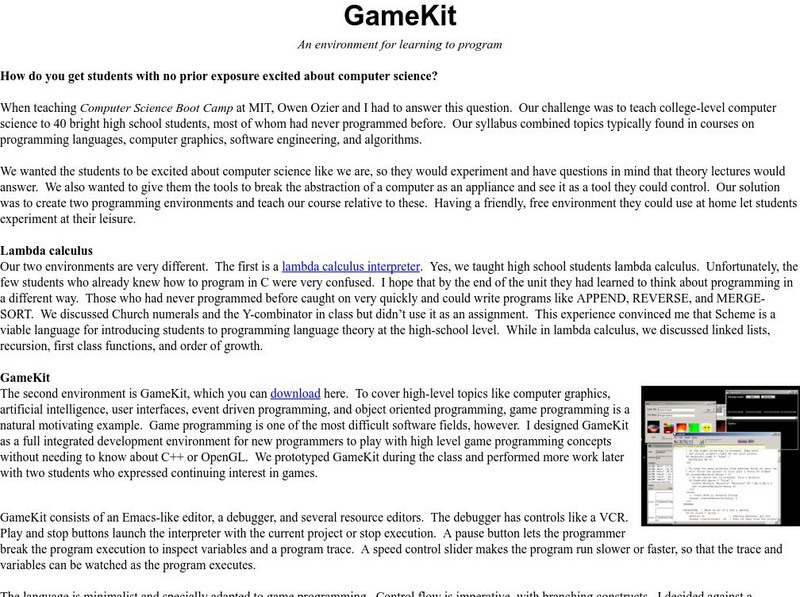
![Quick Start Computing: Computational Thinking [Pdf] Article Quick Start Computing: Computational Thinking [Pdf] Article](https://d15y2dacu3jp90.cloudfront.net/images/attachment_defaults/resource/large/FPO-knovation.png)

